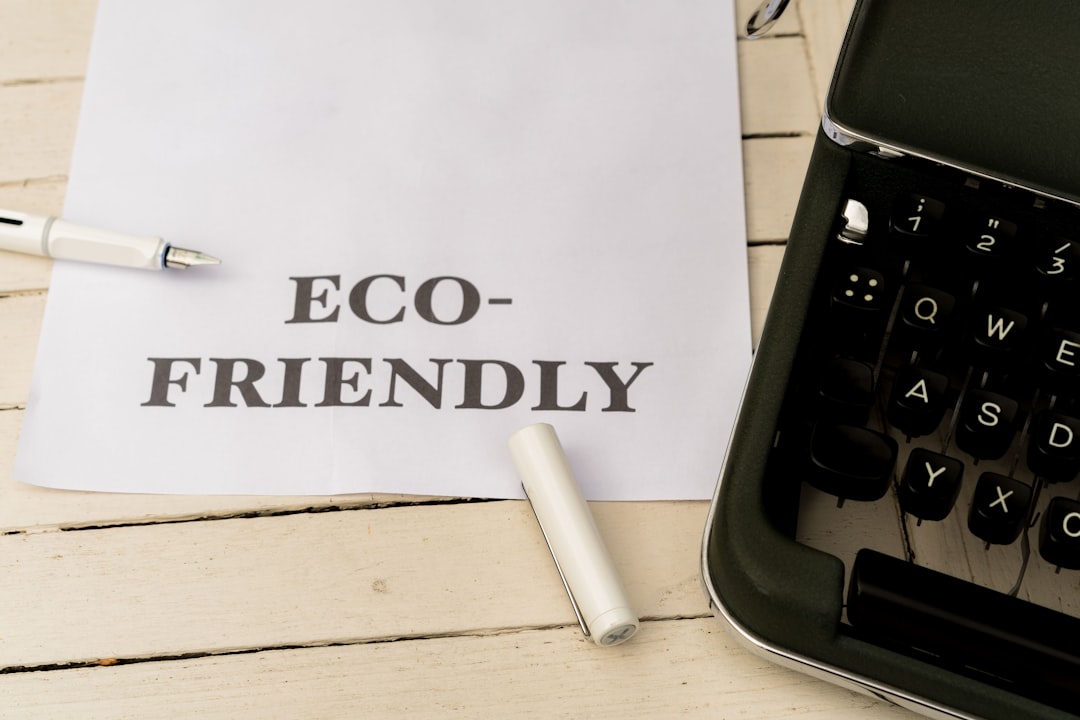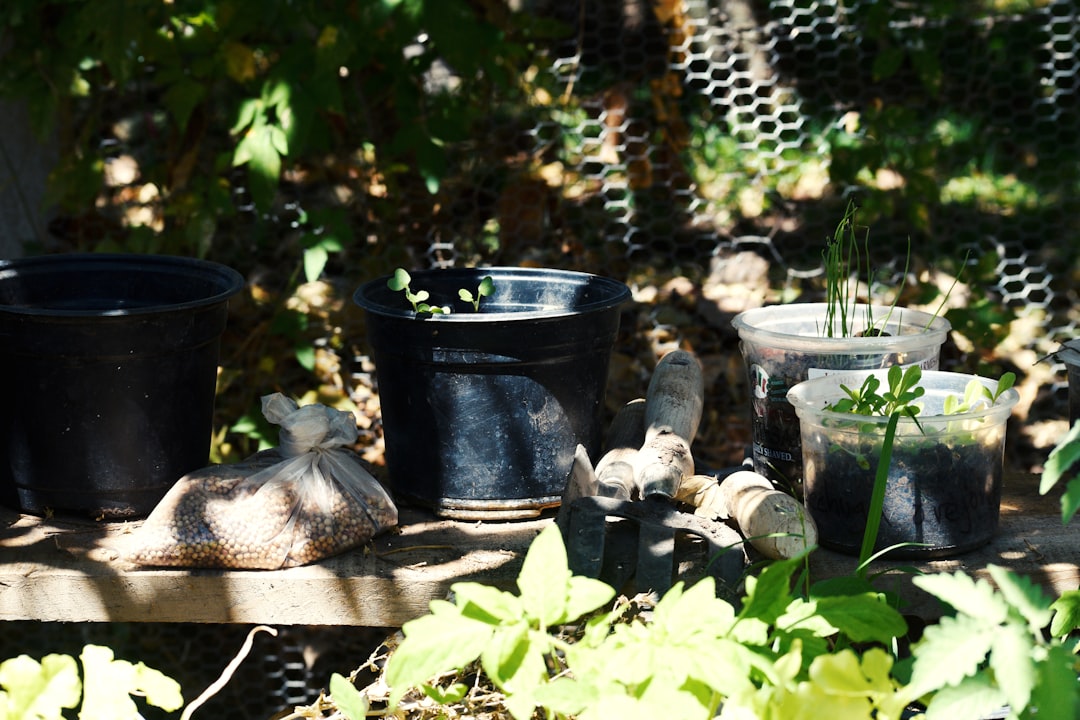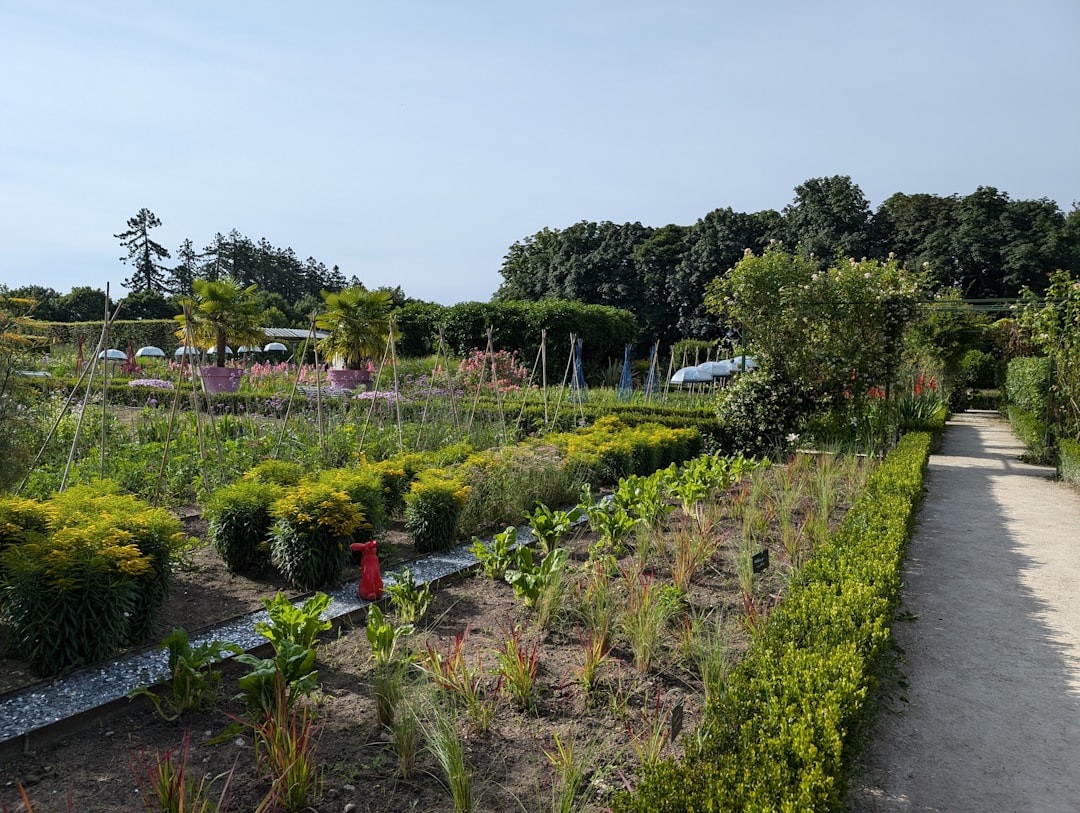Sustainable Living: Your Guide to Best Practices for an Eco-Friendly Lifestyle

Sustainable Living: Your Guide to Best Practices for an Eco-Friendly Lifestyle
Welcome to Tamara Sustainable Living! We’re thrilled to guide you on your journey towards a more eco-friendly and sustainable lifestyle. Living sustainably isn’t about making drastic changes overnight; it’s about incorporating conscious choices into your daily routine that collectively make a significant impact on our planet. This guide will outline some of the best sustainable practices you can adopt to reduce your environmental footprint and contribute to a healthier, more balanced world.
Understanding Sustainable Living
Sustainable living is a lifestyle that aims to reduce an individual’s or society’s use of Earth’s natural resources and personal resources. It encompasses a wide range of practices, from reducing waste and conserving energy to supporting ethical and local businesses. The core principle is to meet our present needs without compromising the ability of future generations to meet their own.
Best Practices for a Sustainable Home
1.
 Image related to A rain barrel collecting water with a lush garden in the background.
Image related to A rain barrel collecting water with a lush garden in the background.
Energy Conservation
Energy conservation is a cornerstone of sustainable living. Here’s how you can reduce your energy consumption:
- Switch to LED Lighting: Replace traditional incandescent bulbs with energy-efficient LED lights. LEDs use significantly less energy and last much longer.
- Unplug Electronics: Many electronics continue to draw power even when turned off. Unplug chargers, TVs, and other devices when not in use.
- Use Smart Power Strips: Smart power strips can detect when devices are not in use and cut off power automatically.
- Optimize Heating and Cooling: Use a programmable thermostat to regulate temperature, and ensure your home is properly insulated to prevent energy loss. Consider a smart thermostat to optimize even more.
2.
 Image related to A person composting food scraps in a backyard compost bin.
Image related to A person composting food scraps in a backyard compost bin.
Water Conservation
Water is a precious resource, and conserving it is crucial for sustainability:
- Fix Leaks: Repair leaky faucets and pipes promptly to prevent water waste.
- Install Low-Flow Fixtures: Replace old showerheads, toilets, and faucets with low-flow models.
- Collect Rainwater: Use rain barrels to collect rainwater for watering plants and gardens. [Image Prompt: A rain barrel collecting water with a lush garden in the background.]
- Water Wisely: Water your lawn and garden during the early morning or late evening to minimize evaporation.
3.
 Image related to A thriving vegetable garden with a variety of plants.
Image related to A thriving vegetable garden with a variety of plants.
Waste Reduction and Recycling
Reducing waste and recycling are essential for minimizing landfill waste and conserving resources:
- Reduce, Reuse, Recycle: Embrace the three Rs of waste management. Reduce consumption, reuse items whenever possible, and recycle materials properly.
- Composting: Start a compost bin to recycle food scraps and yard waste into nutrient-rich soil for your garden. [Image Prompt: A person composting food scraps in a backyard compost bin.]
- Avoid Single-Use Plastics: Opt for reusable bags, water bottles, coffee cups, and food containers.
- Buy in Bulk: Purchase products in bulk to reduce packaging waste.
Sustainable Practices in Your Daily Life
1. Sustainable Transportation
Reducing your reliance on cars can significantly lower your carbon footprint:
- Walk or Bike: Choose walking or cycling for short trips whenever possible.
- Use Public Transportation: Utilize buses, trains, and subways to commute.
- Carpool: Share rides with colleagues, friends, or neighbors.
- Consider Electric or Hybrid Vehicles: If you need a car, consider purchasing an electric or hybrid vehicle.
2. Conscious Consumption
Making informed purchasing decisions can promote sustainability:
- Support Local and Ethical Businesses: Buy products from local farmers, artisans, and businesses that prioritize sustainability and fair labor practices.
- Choose Sustainable Products: Look for products made from recycled materials, organic cotton, or other sustainable resources.
- Reduce Meat Consumption: Consider reducing your intake of meat, particularly beef, as livestock farming has a significant environmental impact.
- Buy Secondhand: Shop for clothing, furniture, and other items at thrift stores or consignment shops.
3. Eco-Friendly Diet
Your food choices have a big impact:
- Eat Seasonally: Eating fruits and vegetables that are in season reduces transportation emissions and supports local farmers.
- Grow Your Own Food: Start a vegetable garden or herb garden to grow your own produce. [Image Prompt: A thriving vegetable garden with a variety of plants.]
- Reduce Food Waste: Plan meals carefully, store food properly, and use leftovers creatively.
4. Mindful Living
Adopting a mindful approach to consumption and waste:
- Declutter Regularly: Reduce impulse purchases by decluttering your space regularly.
- Borrow and Share: Instead of buying items you’ll only use occasionally, borrow them from friends, family, or community lending libraries.
- Repair and Upcycle: Learn to repair broken items and upcycle old materials into new products.
The Benefits of Sustainable Living
Adopting sustainable practices not only benefits the environment but also offers numerous personal advantages:
- Reduced Environmental Impact: Lower your carbon footprint and contribute to a healthier planet.
- Cost Savings: Save money on energy bills, transportation costs, and other expenses.
- Improved Health: Enjoy healthier food, cleaner air, and more physical activity.
- Greater Sense of Purpose: Feel good about making a positive difference in the world.
Conclusion
Sustainable living is a journey, not a destination. By incorporating these best practices into your daily life, you can reduce your environmental impact, save money, and live a more fulfilling life. Every small step counts, and together, we can create a more sustainable future for ourselves and generations to come. What sustainable practice are you most excited to implement in your life?



